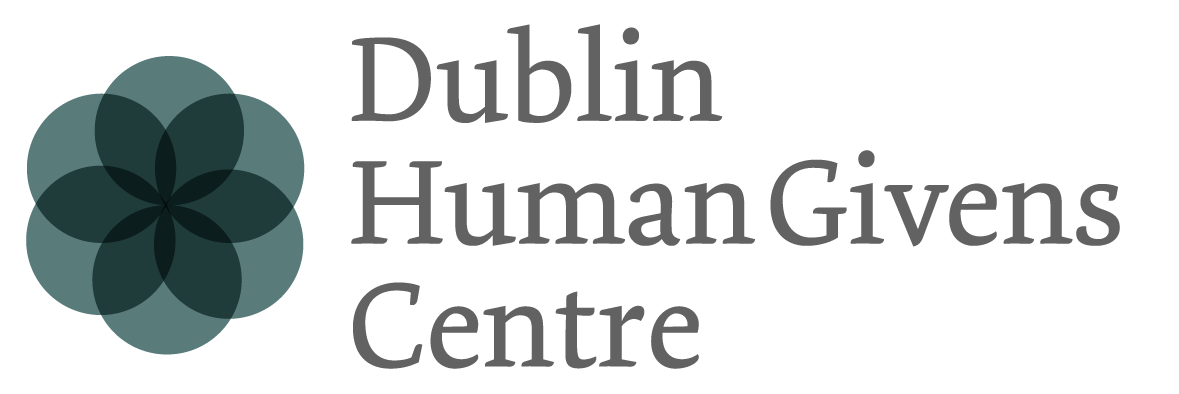To Resolve or Not to Resolve
HUMAN GIVENS THERAPY, GOAL-SETTING, POSITIVE PSYCHOLOGY, PSYCHOTHERAPY, BEHAVIOURAL CHANGE
A New Year has arrived. Okay, so it arrived a fortnight ago, but still. (I’m a skidding-in-the-door kind of person). The collective concentration on self-improvement prevails. Felt by some as pressure, by others as opportunity. Others still remain immune to the seasonal dictates, rebelling against the sheer group-think around them. To resolve or not to resolve, that is the question.
But what’s the answer?
You can only arrive at your answer to that question by examining what you might change. Because change is at the heart of resolution-making. If you feel no need to change, resolutions are irrelevant. Most of us, however, feel the need to change something. We know we’re not exactly where we want to be, or have achieved all we can, or have advanced as far as we want, or have become who we know we can be.
It’s about growth. We all have a capacity to grow and develop and advance and evolve. To transcend some of the conditioning of our life experience; to rise above the slings and arrows, the sturm und drang, the difficulties of life, and tap into our potential.
Far from being a romantic notion, this contention is anchored in neuroscientific fact. Our brains are designed to propel us forward; to propel us toward growth and away from stasis. Stasis quickly devolves into regression. Our brains house huge resources for us to move forward. Resources like long-term memory, a logical rational brain, a capacity for empathy and rapport, pattern-matching perception and an observing self. These together act like an innate guidance system to help us live well.
And most encouragingly, our brains are plastic. They are capable of change. They are designed to change. Yes, there are multitudinous layers of hard wiring laying down the patterns of neurochemical, biological and molecular underpinnings of character and behaviour. But, there is also a myriad of potential pathways that has yet to be lit up; yet to be activated, yet to be created by new habits of behaviour, new patterns of thought, and new sequences of feeling. New habits literally grow our brain and create new neural circuits to create and support new realities.
So, you change your brain by doing it; by taking a risk and making positive changes in your life; by repeating these changes frequently and long enough that they turn into a new habit; that they grow from a state into a trait. What you concentrate upon is what you get. Make it a positive and achievable goal, and you’re more likely to get there. Your brain works on expectancy and will help you to reach it.
And if your goal is linked to answering an innate need: Your need for security, control, attention – to give and receive it – intimacy and friendship, connection to the community, competence, status, privacy and finding a sense of purpose or meaning in your world, your brain is wired to meet it. After looking at your needs and committing to finding ways to get them met you could feel more balanced and in harmony with yourself.
After eight weeks of regular mindful meditation, for example, you could feel calmer, enjoy more positive emotions, think more logically, be less emotionally reactive and more in charge of yourself – as research has demonstrated other meditators have experienced.
After taking at least 20 minutes of rigorous cardiovascular exercise three times per week, you could be feeling the benefits to mood and motivation that are seen with the use of mild anti-depressants.
In short, by answering your innate need to grow, you will be realigning your innate resources to meet your innate needs. You know that state when you’re ‘jazzing’, as a friend of mine describes it? When you’re feeling at your best; when you’re being all of yourself; when you’re in a state of flow? And it’s not about necessarily winning the race. It’s about participating in your own race – with yourself – based on your own course and your own distance markers and finishing line. It’s about answering your call, in honesty. Your body and mind will tell you when you’re denying it.
Over the remainder of January, I’ll be looking at different aspects of goal-setting, goal-keeping, breaking and making new habits, to enhance the likelihood of sticking to the plan and enjoying the journey. Because as hackneyed as the word ‘journey’ has become, research demonstrates that seeing the reaching of a goal as ‘completing a journey’ – or another similar metaphor – enhances the likelihood of it actually being reached. Who’d-a-thunk?
Happy 2020!
New year Resolutions, goal-setting, dublin human givens centre, human givens, psychotherapy, neuroscience, change, therapy

